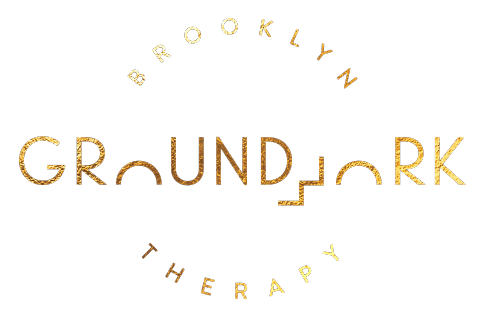
Eating disorder therapy and support
Who Is Eating Disorder Therapy for?
You don’t have to have an active, diagnosable eating disorder to seek support from a therapist trained to work with disordered eating. Maybe you’ve been in recovery for many years, or maybe you feel preoccupied with thoughts about food, body, or exercise. You may be looking for support as you transition out of a more formalized eating disorder treatment program. Or perhaps you’re a parent feeling the pressure to feed your child “healthy” foods, and finding that it brings up feelings about your own relationship to eating.
Our therapists believe that complicated feelings about food and bodies can develop in anyone, regardless of gender, race, sexuality, or size — and can interact frustratingly with experiences of gender dysphoria, size discrimination, and racism.
What Does Eating Disorder Therapy Look Like?
Treatment for disordered eating can look different depending on the issues that bring each client in; a psychodynamic approach can help you understand where deep-rooted food and body image issues may be coming from, while a behavioral approach can help you invite new patterns into your life. For many people, treatment involves both approaches.
Working with an eating disorder therapist doesn’t mean you ONLY have to talk about your relationship with food — your relationship with food is connected with every other part of your life. Ideally, our work together will lead us to a world where food and body image take up less space in your consciousness, allowing you to focus on the things you want to matter most.
It all begins with an idea. Maybe you want to launch a business. Maybe you want to turn a hobby into something more. Or maybe you have a creative project to share with the world. Whatever it is, the way you tell your story online can make all the difference.

